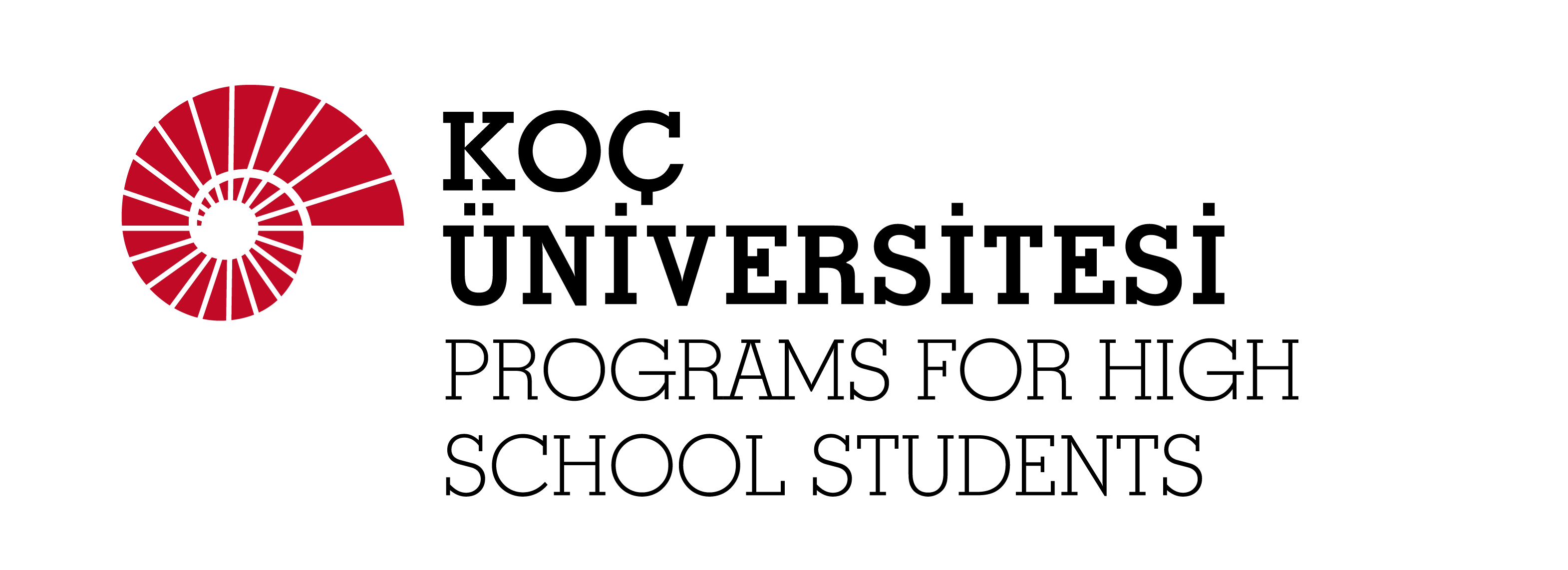Archaeology
Language: Turkish
PhD Fatma Kalkan
Course Description
In this course, the history of archaeological thought from past to present will be briefly touched upon, with emphasis on contemporary theories. Additionally, the role of archeology in understanding the climatic changes our planet faces and the impact of human activities on the natural environment will be discussed. The course, which will begin with the definition of archeology, aims to provide information about dating methods of archaeological sites in addition to archaeological research methods such as excavation and surface research. It is aimed to evaluate the Neolithic Period, where many radical changes and transformations in human history took place, in full detail through examples covering the Southeastern Anatolia and Central Anatolia regions and to gain insight into the social dynamics in different geographies. Our aim with this course is to enable understanding of different fields of expertise such as archaeozoology, archaeobotany, anthropology, chipped stone tool technology and trace analysis and geoarchaeology, which allow each component that created past life to be considered holistically, and the contribution of these researches to archaeologists in creating the big picture. A research on the chemical and microscopic analysis of the floor of a building dating back 10 thousand years ago, in other words to the Neolithic Period, using today’s technologies and advanced methods, will be examined in full detail. All stages will be covered, from taking soil samples in the field and sampling strategy to processing these samples in the laboratory, from details of the techniques used to statistical analysis of the analyzes and interpretation of the results. In this way, the background of archaeological research will be shed light on a single example.








